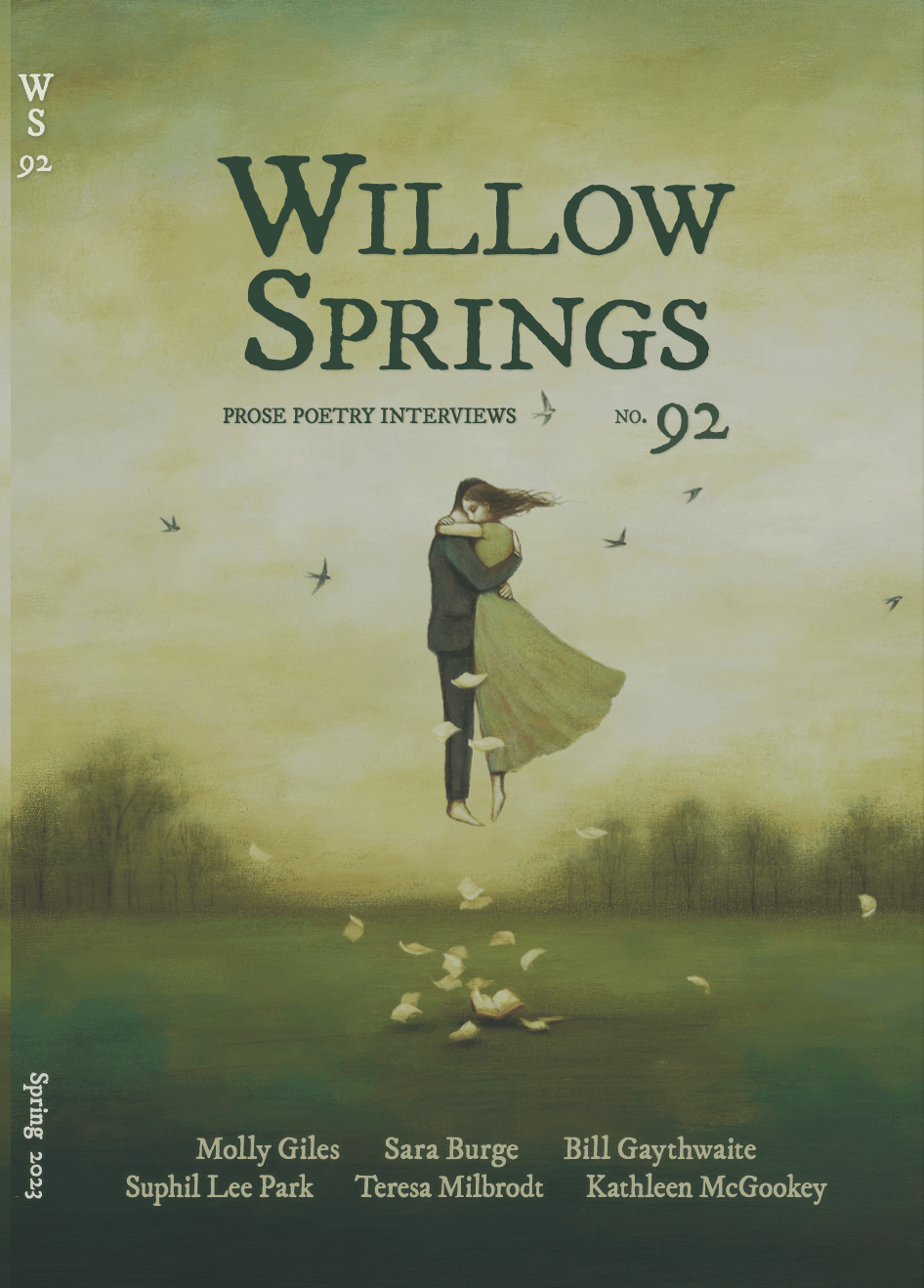Two Poems Translated by Suphil Lee Park
日已午
BY KIM SAMUIDANG (金三宜堂)
日煮我背汗滴土
細討茛莠竟長畝
少姑大姑饗麥黍
甘羹滑流匙
矮粒任撑肚
鼓腹行且歌
飮食在勤苦
勸酒歌
BY KIM SAMUIDANG (金三宜堂)
勸君酒
勸君君莫辭
劉伶李白皆墳土
一盃一盃勸者誰
勸君酒
勸君君且飮
人生行樂能幾時
我欲爲君舞長劒
勸君酒
勸君君盡醉
不願空守床頭錢
但願長對眼前觶
ALREADY NOON
TRANSLATED BY SUPHIL LEE PARK
The day scalds my back
Drops of sweat to the ground
The furrow of buttercups
And foxtails, plowed
My in-laws bring out
Some barley to feast on
Our spoons too thirst
For the sweet, sweet broth
I help myself to the tiny grains
Drumming my belly, I go singing
Food shall follow us the hard workers
WINO’S SONG
TRANSLATED BY SUPHIL LEE PARK
Drink up, love
Please, no more excuse
Li Bai is among the dead
Who’ll pour you drink after drink Drunk up, love
Please, without restraint
In a second goes life’s joy
I’ll be your long sword dancer Drink up, love
Please, heed no bounds now
Why mind if your wallet’s safe
This glass is all I want
Translator’s Notes on “Already Noon”
This poems is a milestone in the history of ancient Korean poetry. While many ancient Korean poems feature farmers or sing about the modest lifestyle of the lower class, they were always written by male aristocrats who had nothing to do with farming and who often romanticized life on the farm, which they considered a mode of abstinence. But Kim Samuidang, a fallen aristocrat, had to work on the farm herself along with the rest of her family. She brought the honest reality and firsthand experience of a farmer’s life-from the perspective of a woman-to the world of Korean poetry.
Translator’s Notes on “Wino’s Song”
This kind of poem was recited and written widely by courtesans as a way of making their guests drink. It was highly unusual that a woman from an aristocratic family, though fallen, would write this kind of poem addressing her husband in a playful, suggestive way.
Li Bai, known as Yi Tae-baek in Korea, is a famous Chinese poet who was known for his lyric poetry and for having been a big drinker.


